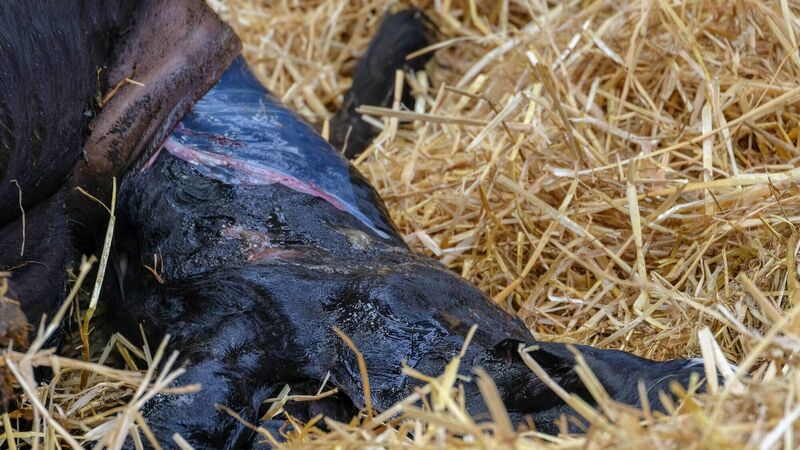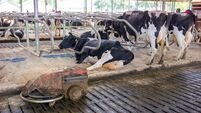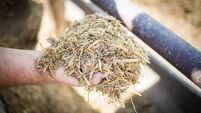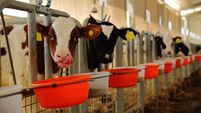Brian Reidy: Autumn calving, drying off and getting going again

Almost all sucklers will calve outdoors in the autumn, but make sure that you have everything ready indoors just in case you need to assist any difficult births, advises ruminant nutritionist Brian Reidy.
Autumn calving on suckler herds will begin in the next month or so. Many will have weaned last autumn's calves, and cows are now dry, or they will soon be.
As well as gearing up for calving autumn cows, the creep feeding of spring-born calves will commence soon.













